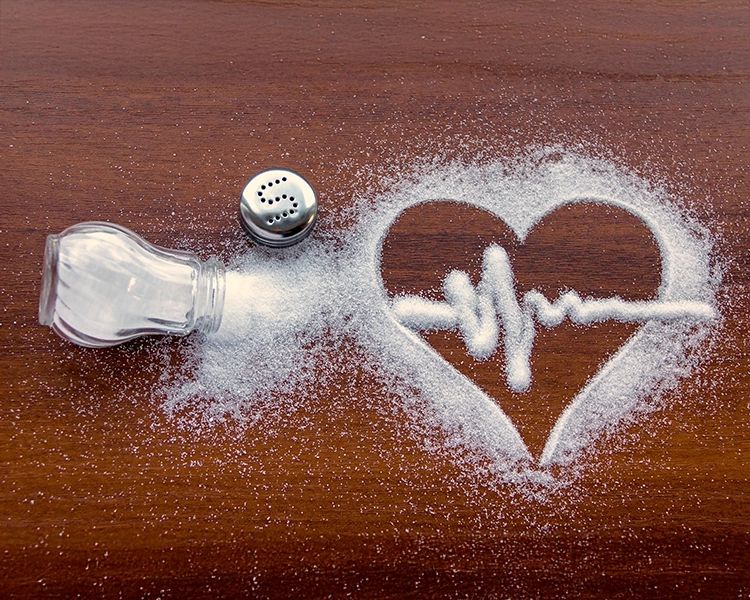Key takeaways
- The safe amount of sodium per day for heart patients is typically under 2,000 mg, with some guidelines recommending as low as 1,500 mg for healthy adults.
- Excess sodium increases blood pressure, thickens heart muscles, and can worsen heart failure symptoms.
- High sodium intake in low-income heart patients is linked to 30% higher mortality, emphasising the importance of dietary awareness.

How was the experience with the article?
We'd love to know